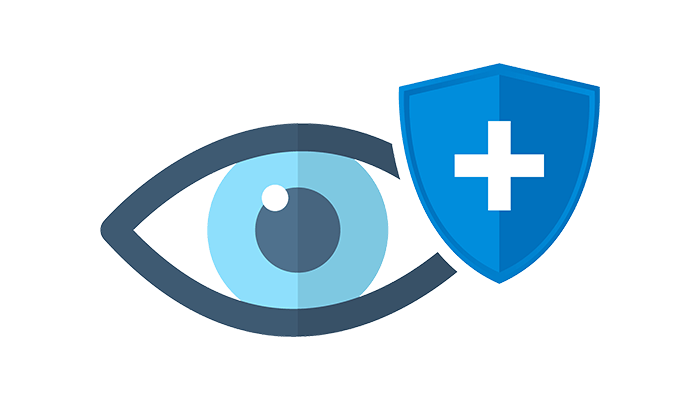Welcome to University Eye Specialists! We understand that navigating the differences between vision and medical insurance can be confusing. Let us help you understand the distinctions between these two types of insurance coverage to ensure you make the most out of your benefits.
Vision insurance is separate from your regular medical health insurance. While medical insurance primarily covers unexpected costs related to eye injury or disease, vision insurance offers additional benefits tailored towards maintaining healthy eyesight. These benefits often include coverage for routine eye exams, prescription eyewear such as eyeglasses and contact lenses, and other vision services at a reduced cost. University Eye Specialists currently accepts EyeMed, Superior and Davis Vision (Versant) vision insurance plans.
Most vision insurance plans typically include the following benefits:
It’s essential to check your plan details to determine whether these benefits renew annually or every two years. While eyeglass frames, lenses, and contact lenses are often available at discounted rates, not all plans offer this benefit.

Before your appointment, ensure you’re familiar with the optical benefits provided by your vision insurance. During your visit, you’ll have options for purchasing eyeglass frames or hardware, with payment due at the time of order. Any costs exceeding your insurance coverage will be your responsibility. If you’re unsure about your coverage, don’t hesitate to contact us or your insurance provider before your appointment.
Vision plans typically do not cover any part of an eye exam deemed “medical.” This includes conditions such as vision loss, floaters, dry eyes, allergies, infections, eye diseases, or eye exams related to complications from diabetes. If you require medication, a prescription won’t be covered under vision insurance.
Furthermore, some vision insurance plans may not cover services like contact lens fittings or yearly evaluations for contact lens wearers.

Your medical insurance comes into play when you have an eye problem or disease, or when a medical condition affects your eyes. Some common conditions where medical insurance applies include:
When scheduling your appointment, clarify the purpose of your visit to ensure appropriate billing to your insurance. Always bring your insurance card(s) to every appointment.
We participate in many major health insurance plans, including:
Please note: Coverage varies with each patient and insurance company. Our staff will help you determine your eligibility prior to the appointment, but it ultimately is your responsibility to know your insurance benefits.
Most health insurance companies do not cover non-medical office visits such as routine eye exams and refractions, and we do not accept every vision plan tied to health insurance plans. If you have questions about coverage, please contact our office prior to your appointment. In some instances, there are additional fees that cannot be determined until after your visit with the doctor.
While we are happy to file your insurance claim, you should expect to pay any co-payments, deductibles and payment for non-covered services at the time of your appointment. We accept cash, personal checks and credit cards.
A refraction determines whether you need a new prescription for eyeglasses or contact lenses. While health insurance typically doesn’t cover the fee for a refraction, vision insurance does. However, if you’re experiencing a medical issue, the examination itself won’t be covered under vision insurance.
By law, we cannot bill two different types of insurance on the same day. However, we can schedule your medical and vision visits on separate days to bill your insurance accordingly. While this may involve some repetitive aspects of the exam, it ensures compliance with regulations.
Insurance can be complex, but understanding your coverage is essential. Contact your insurance provider for policy details or reach out to us if you have any questions. We’re here to help you make the most of your benefits and ensure your eye health needs are met.
We also request that you make arrangements to settle your account if your insurance company has not done so within two months of your visit. Payment plans for certain procedures can be established through our accounting department.
There is an easier way to pay for your vision care including LASIK. We’re pleased to accept the CareCredit credit card, North America’s leading patient healthcare financing program. CareCredit lets you begin your procedure immediately — then pay for it over time with monthly payments that fit easily into your monthly budget. Whether you’re considering LASIK, need cataract surgery, or it’s simply time for new glasses or contacts, CareCredit can help you see clearer, sooner.
CareCredit is the credit card exclusively designed for healthcare services. CareCredit offers special financing on purchase of $200 or more* for healthcare procedures not commonly covered by insurance, including LASIK and Premium-IOLs. Why put off improving your vision tomorrow, when you can see clearer today?
Learn more by visiting CareCredit.com or contacting our office. Ready to apply? Apply Online for your CareCredit card today.
*Subject to credit approval. Minimum monthly payments required. Visit www.carecredit.com for details.